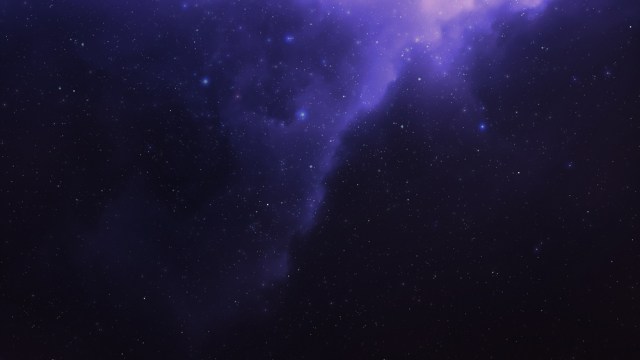“It is the job of science to defy common sense”

I recently stumbled upon an excellent essay by Steven Poole in Aeon Magazine on teleology (the widely abandoned philosophical idea used to support arguments for intelligent design, that in nature, things seem to have purposes, ends, aims, or goals – or telos, to use the philosophical lingo). The topic of teleology is precisely the kind of circular philosophical debate surrounding an untestable hypothesis that tends to make me either rapidly switch off, or get the urge to repeatedly bang my head into the wall.
Poole explains that a book titled Mind and Cosmos by Thomas Nagel, which kicked up a storm a couple of years ago by reigniting the argument over teleology, argued that the current orthodox scientific view of the world ‘flies in the face of common sense’. To counter this argument, Poole writes:
“Well, one reasonable answer is that it is and has always been the job and the glory of science to fly in the face of common sense. If a theory that is robustly supported by evidence conflicts with your common sense, you had better adjust the latter. And so we now accept, for example, that apparently solid objects are composed of atoms themselves largely made up of empty space, and that the Earth goes round the Sun and not vice-versa. More specifically, personal feelings about probability do not get you very far when considering evolutionary theory. Nagel doubts whether there could have been enough viable mutations ‘in the available geological time’ for beings like us to evolve through sheer ‘accident’. But, as the philosopher of biology Peter Godfrey-Smith wrote in a respectfully critical review for the London Review of Books, ‘This is one area in which intuitions are worth nothing.’ The experts have done the math.”
I’m pretty fond of this definition of the role of science because it crystallizes precisely the type of scientific work that I particularly love to tackle on this blog. When science debunks “common sense” ideas that we hold, it becomes useful not in the abstract sense that it might one day lead engineers to create something new, but by allowing us to make decisions about how we live our lives, that are grounded in reality rather than through sheer c̶o̶m̶m̶o̶n̶ ̶s̶e̶n̶s̶e̶ guess work.
To keep up to date with this blog you can follow Neurobonkers on Twitter, Facebook, RSS or join the mailing list. Image Credit: Shutterstock





